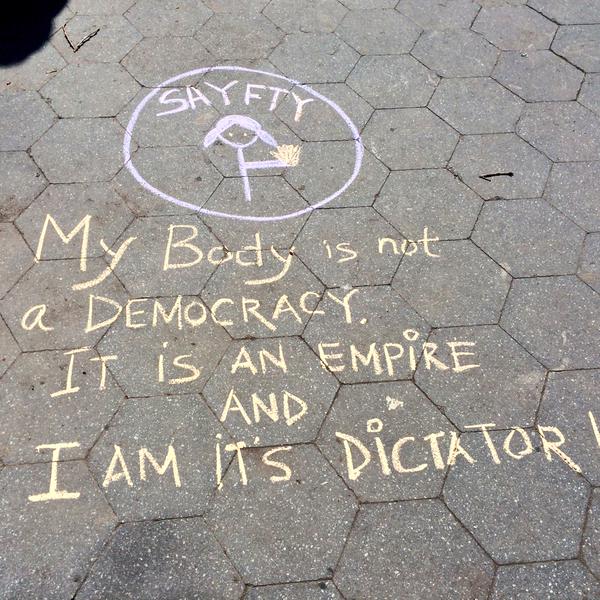Laura Voth, USA, SSH Blog Correspondent

On my drive to work the other day, I caught a news segment in between pop songs. The hosts were two middle-aged individuals, one a man and the other a woman. They began chatting about the 90% statistic—that 90% of women worldwide report having experienced what the hosts referred to as catcalling. They defined catcalling as “whistling” and, more vaguely, “comments.”
The male host didn’t have much to say on the subject, but I was interested to hear the woman’s take. To my surprise, she said, “I wish someone would catcall me! It’s like I’m invisible since I got older! It would be a compliment.”
When I hear older women make claims such as this—that they miss being catcalled on the street—I always wonder what harassment they experienced when they were younger. Surely they never had obscene words and gestures thrown their way, as women do now. Surely they were never followed, grabbed, groped, or photographed by strangers.
I can’t speak to any woman’s experience other than my own, but I don’t think anyone truly takes a stranger’s yell of “come suck my d*ck!” as a compliment. And perhaps that’s the root of the generational disconnect where street harassment is concerned. Maybe today’s women were raised with the belief that they are deserving of respect not in spite of their gender, but because of their humanity.
The truth is that, whether or not street harassment is frightening, it is harmful and demeaning. It sends the message that women—not only the woman involved, but others—are not welcome in whichever space and that they do not deserve to be viewed as people. It reinforces the idea that woman’s worth is based on her perceived f***ability. If someone gets that message often enough, they will start to believe it.
The idea that women over a certain age aren’t worthy of being acknowledged—acknowledged, mind, not harassed—is a continuation of that idea. Once a woman doesn’t look a certain way, she almost disappears. And despite the negativity of the attention she once received, she might in a way miss the whistles and catcalls, because at least they affirmed that she had some kind of worth.
Would you rather be invisible or devalued? Unseen or disrespected? Knowing that you don’t matter to strangers, or aware that the men who pass you by don’t even think of you as a person?
We deserve to be afforded respect and recognition for who we are as people—for our actions, our strengths and weaknesses, and our humanity—not for our looks.
If women have come from a point when they weren’t able to take a stand against street harassment to today, when blogs like this one show that we feel comfortable with speaking out, there must be a way to get to a point where women’s bodies and selves are not seen as objects reduced to whether a stranger believes they are worthy of unsolicited commentary.
We all want to be seen as who we really are—people. A comment from a stranger on the street serves as a vicious denial of our personhood, and eventually we start to believe it. A little respect goes a very long way.
Laura is an emerging adult-slash-college student studying to enter a healthcare profession. In addition to studying and writing, Laura works at her university’s women’s center where she helps design and implement programs on all things lady.
